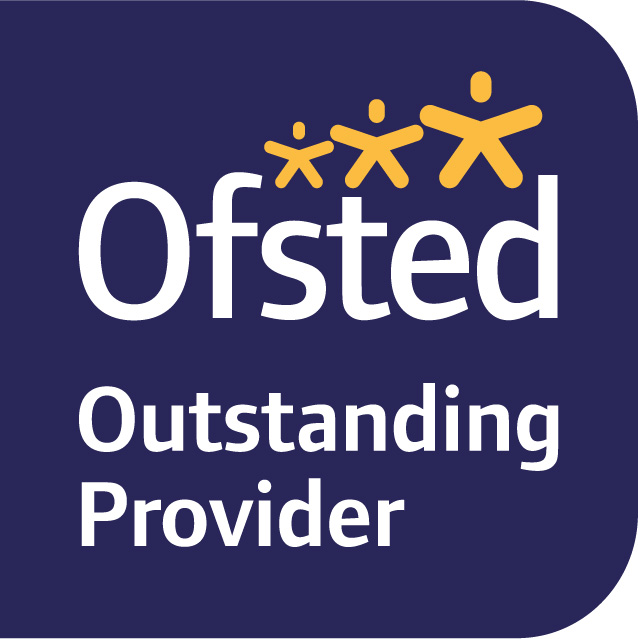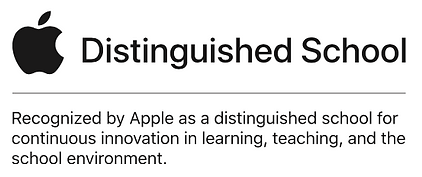Wellbeing
What is Emotional Literacy?
Emotional literacy work in schools is supported by educational psychologists who apply psychological knowledge of children’s social and emotional development to particular areas of need. Emotional literacy is about developing a respectful relationship in which the young person is enabled to think about their situation without feeling judged or criticised. It is intended to be short-term purposeful support that helps to develop new skills or coping strategies, thus enabling the pupil to experience greater success.
Click here for more information on the role of an ELSA: https://www.elsanetwork.org/
Emotional Literacy Support at Booth Wood
Mrs Morley has been expertly trained to plan and deliver programmes to support the emotional needs of pupils. The majority of support is delivered on an individual basis but sometimes small group work is more effective, especially when developing social skills. The sessions are fun and Mrs Morley uses a range of activities such as: board game club, forest school and cooking club. The sessions take place in our ‘Rainbow Room’ which provides a calm, safe space for the children to feel supported and comfortable.
Children are usually referred to Mrs Morley for emotional support by their class teacher. The referral is then assessed and if the child requires a weekly programme (lasting 6-8 weeks) then this begins to be planned and put into place for them. With the programme aims in mind, Mrs Morley will provide supportive sessions to facilitate the pupil in developing new skills and strategies they need.
Mrs Morley supports areas of emotional literacy such as:
-
Self-esteem
-
Resilience
-
Recognising emotions
-
Managing feelings
-
Social skills
-
Anxiety
-
Loss and bereavement
The aims of our Emotional Support
Remember, we are not there to fix children’s problems. What we can do is provide emotional support in a respectful and safe environment. Mrs Morley achieves this by providing a reflective space for the pupil, where they are able to openly share their thoughts and feelings. She will provide methods and strategies for your child in the area that has been identified during the planning process of the programme.
What do the children and parents at Booth Wood think about our emotional support?
On completion of their programme we ask the children and parents/carers to reflect on their experience and share their feelings! Here are some of the magnificent comments we receive:
“Mrs Morley has taught me a way to calm down when I’m very sad” – Pupil
“Mrs Morley understands more than other adults. She is very kind and sympathetic” – Pupil
“When I’m upset and can’t concentrate I go to see Mrs Morley and she helps me calm don and be more focused on my work” – Pupil
“I feel I have had the support and guidance I’ve needed” – Parent
“Mrs Morley is also a lifeline for us” - Parent
Useful Links for Home
Self-Esteem
Is your child having problems with self-esteem? Follow these links for advice, guidance and ways that you can support them:
Anger management
Anger can be an intense feeling but do not worry! These links will provide support and advice as to what strategies can help:
Anxiety
Follow the links below for useful advice and guidance on how to support and help your child overcome anxieties:










